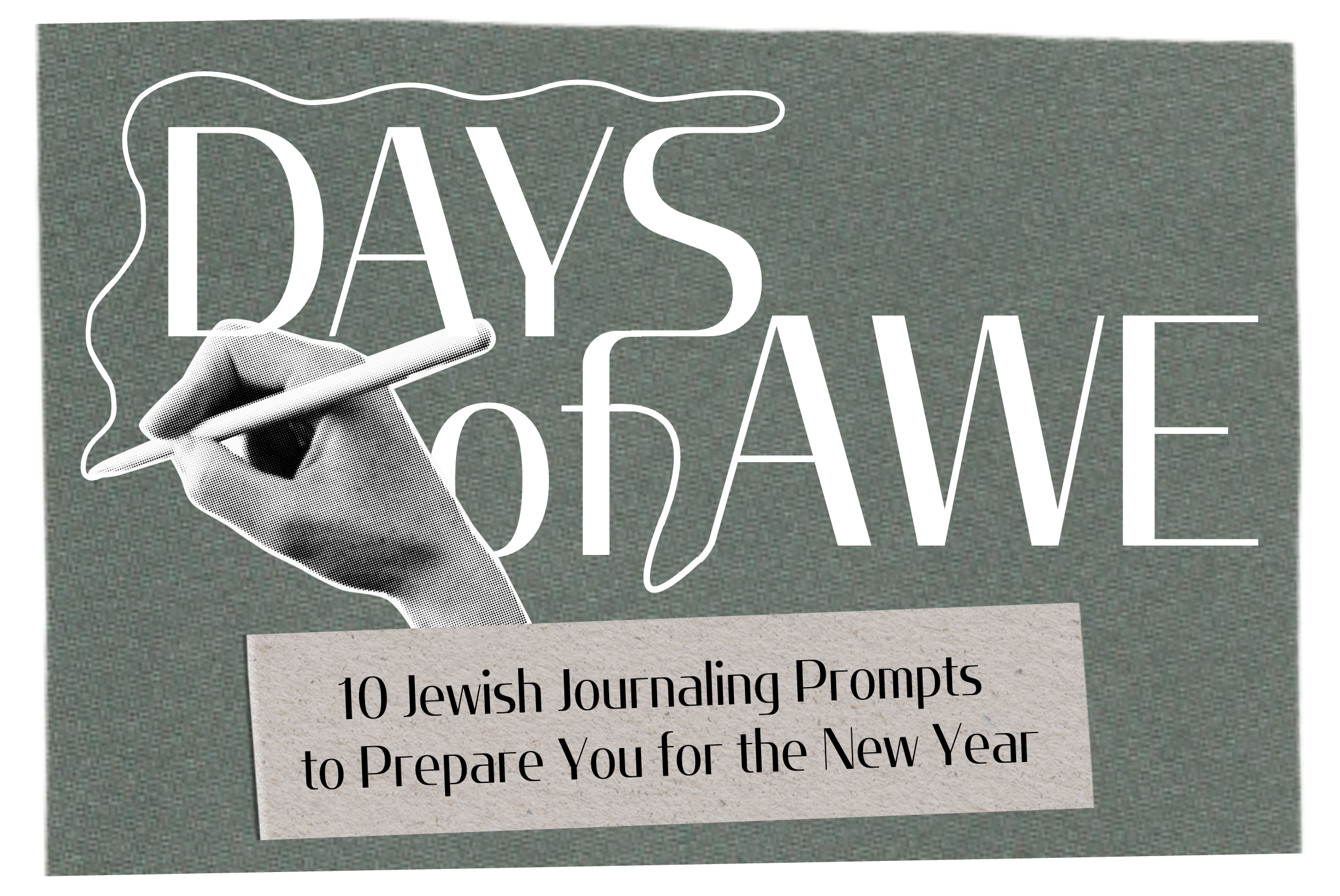With the month of May comes warm weather, Mother’s Day, Memorial Day barbecues — and, apparently, Jewish American Heritage Month. Unless you consume a lot of Jewish media or have a knack for trivia, it’s pretty easy to miss that last one.
I learned of this month just a year ago when a Jewish social media account started promoting it. Up until then, I had never heard of it. At first, I was ambivalent about having a Jewish American Heritage Month. If we start creating so many months for various groups of people, I thought, how much value could they possibly have? And how much value could this particular heritage month have if I’d gone my whole life without ever knowing about it?
I’m certainly not the only person who has doubted the value of months dedicated to the appreciation of minority groups. A common criticism of these months is exemplified by Morgan Freeman, who famously asserted his opposition to Black History Month in 2005. He told Mike Wallace in a “60 Minutes” interview, “I don’t want a Black History Month. Black history is American history.” When Freeman asked Wallace, who was Jewish, if there was a Jewish history month, he replied that there wasn’t one and that he didn’t want one. Funnily enough, President George W. Bush declared May to be Jewish American Heritage Month just a year later, on April 20, 2006.
Freeman is right. In an ideal world, the history of all minority Americans would be recognized throughout the year. People would be talking about Jewish history and heritage as a part of American history. After all, Jews have resided here since the 17th century. By the early 20th century, we had made an indelible cultural and political imprint on the country, and we continue to do so today. From bagels to Spielberg films to the New Deal Coalition to civil rights advocacy, one can find marks of Jewish American influence in almost every facet of American life.
As I considered my position on Jewish American Heritage Month, however, I soon came to a realization. The problem with Freeman’s statement, at least as it applies to Jews, is that American Jews are still far from receiving even a fraction of the everyday recognition of which he speaks. The only acknowledgment of Jewish heritage I’d ever received in school was a four-day crash course on the Holocaust and the Israeli-Palestinian conflict — and even this small amount of education is far more than most American students get. As for Jewish American heritage, specifically? I never learned about it. In my experience, American Jewish history is almost never mentioned in public schools — actually, it’s almost never mentioned at all outside of academic spaces that specialize in it. Even in the media, you’d be hard-pressed to find a mainstream film or show that is distinctly Jewish American, except for a select few that are almost exclusively produced by Jewish American filmmakers. Given the lack of recognition of Jewish American heritage, dedicating an entire month to its appreciation is a valuable and necessary starting point, even if it is far from the ideal that Freeman mentions.
Currently, my main concern with Jewish American Heritage Month does not lie in Freeman’s criticism; rather, I take issue with its lack of practical execution. Bush’s gesture in proclaiming May Jewish American Heritage Month is commendable, but a proclamation alone does little for the Jewish community. As instances of violent antisemitism rise from year to year, it is becoming increasingly clear that an alarming amount of Americans hold one-dimensional, stereotypical views of the Jewish people. Earnestly acknowledging Jewish heritage in the month of May is no cure for deeply-rooted bigotry, but it could certainly humanize the Jewish American experience to those who may be susceptible to such prejudice.
There is, of course, a much more widely recognized heritage observance in May: Asian American and Pacific Islander Heritage Month. In the wake of the #stopasianhate movement, many major companies and brands have taken it upon themselves to promote awareness of Asian Americans and Pacific Islanders, especially throughout the month of May. It should not have taken countless acts of violence or social media campaigns for Asian Americans to be publicly recognized on such a major level, but this sort of recognition is still a major step in the right direction. I hope that in the future, those with a platform will also see it as in their interest to promote Jewish American Heritage Month, as such efforts could help in the fight against antisemitism — just as AAPI Heritage Month has helped raise awareness of anti-Asian discrimination.
Though I was admittedly skeptical at first, I have come to appreciate that we Jews have our own national month. While “Jewish American Heritage Month” is largely just an empty title at this point, its existence allows companies, educational institutions and the public to eventually fill it with meaning. As for when they do so? In part, that’s up to us. In order to achieve the national recognition that was officially granted to us 16 years ago, we must continue in our efforts as staunch self-advocates. We can lead the charge in imagining what Jewish Heritage Month can be: which stories to highlight, which foods to showcase, which achievements to celebrate. If we’re loud enough, the country just might listen.



